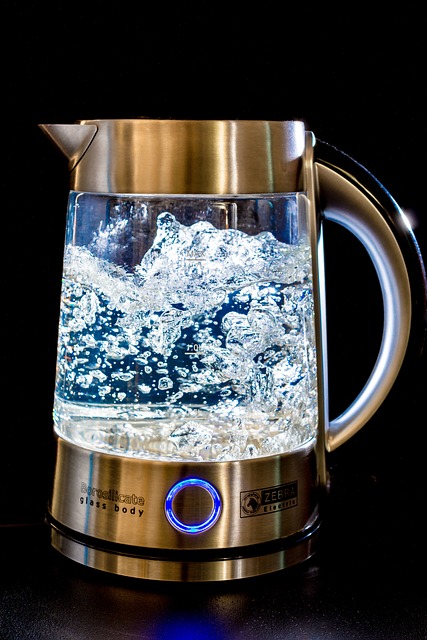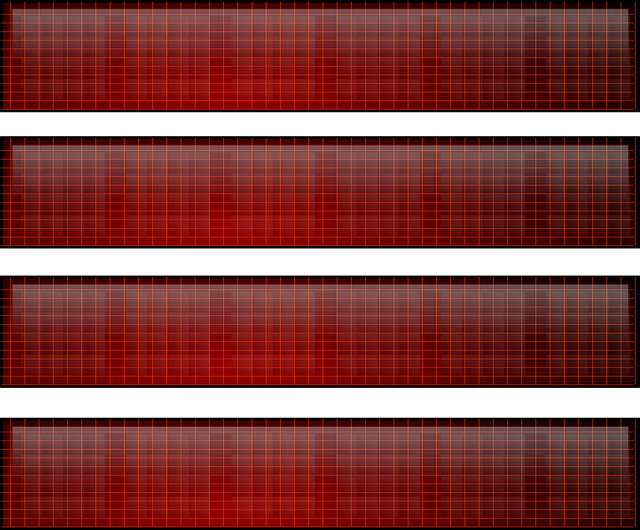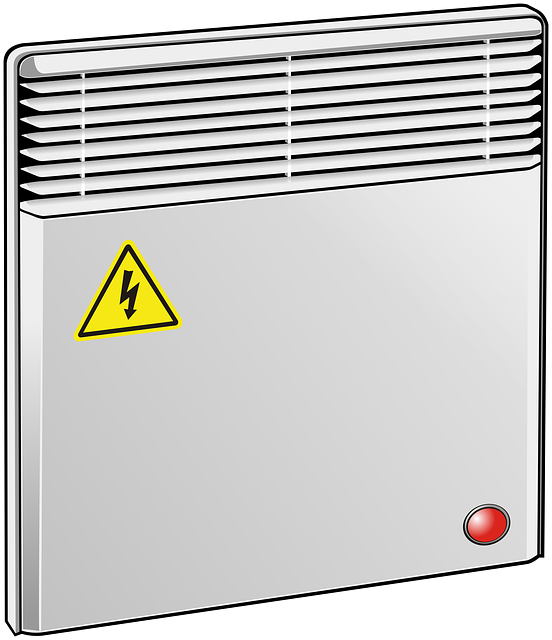Water heaters are essential for daily routines, and their malfunction causes inconvenience. Common issues include reduced heating capacity, temperature fluctuations, lack of hot water, leaks, and inefficient heating. If your showers have become colder faster or you consistently run out of hot water, or if your heater is over 10 years old, these are signs you may need a new water heater. Unpredictable heating patterns, short hot water duration, and sudden temperature changes also indicate replacement is necessary. Investing in a new, efficient model ensures reliable access to hot water and consistent performance, alleviating energy bill increases.
Is your water heater failing to provide hot water or performing inconsistently? This could be due to various issues, from outdated hardware to faulty components. Understanding these common problems is the first step toward deciding whether to repair or replace it. If you’re noticing signs like no hot water, unpredictable heating, slow water heating, or unusual noises, it’s time to evaluate your options.
This article will guide you through identifying common water heater issues, help you determine when a replacement is necessary, and provide insights into choosing the right new model—all while considering cost-effectiveness and energy efficiency.
- Identifying Common Issues with Your Water Heater
- – No hot water or only cold water
- – Unpredictable heating patterns
Identifying Common Issues with Your Water Heater

Water heaters are an essential part of our daily routines, and when they start to malfunction, it can cause significant inconvenience. Identifying the problem early is crucial to prevent further damage. Common issues with water heaters include reduced heating capacity, frequent temperature fluctuations, and a lack of hot water. If you’ve noticed that your showers have become colder faster, or if you consistently run out of hot water midway through your bath, these could be signs you need a new water heater.
Other indicators include strange noises coming from the heater, such as banging or bubbling sounds, which might suggest internal issues. Additionally, if your water heater is old and has been in use for over 10 years, it’s likely due for a replacement. Leaks, corroded pipes, and an inefficient heating process are further red flags that indicate it’s time to consider a new, more efficient model.
– No hot water or only cold water

If your faucet spouts nothing but cold water, or hot water is scarce and spotty, it could be a clear sign that your water heater isn’t functioning optimally—or at all. This is one of the most noticeable signs you need a new water heater. When your heater can’t maintain or produce hot water, it’s often an indicator of failure within the heating element or other internal components.
The absence of hot water or frequent cold-water-only issues suggest that your current unit may be outdated, malfunctioning, or reaching the end of its lifespan. In such cases, purchasing a new water heater could be a wise investment to ensure consistent access to hot water for your daily needs.
– Unpredictable heating patterns

If your water heater is exhibiting unpredictable heating patterns, it could be a sign that it’s time for an upgrade. One of the clearest indicators is if your hot water doesn’t last as long as it used to, or if you frequently experience cold showers despite setting the thermostat to a higher temperature. These irregular heating patterns can often be attributed to age-related wear and tear, sediment buildup inside the tank, or inefficient heating elements.
Additionally, keep an eye out for frequent temperature fluctuations, where the water suddenly gets too hot or too cold during use. This could point towards a malfunctioning thermostat or a failing heater. If you’ve noticed these signs along with increased energy bills, it’s definitely worth considering whether it’s time to replace your water heater and invest in a more efficient model that will provide consistent, reliable heating performance for years to come.
If your water heater is consistently failing to provide adequate heat, experiencing unpredictable heating patterns, or you’re left with only cold water, it may be time to consider replacing it. These are clear signs you need a new water heater, as these issues often indicate significant problems within the system. Regular maintenance can only do so much, and at a certain point, upgrading to a newer model becomes essential for efficient heating and prolonged durability. Don’t let a faulty water heater go unnoticed; take action today and ensure your home stays comfortably warmed.
